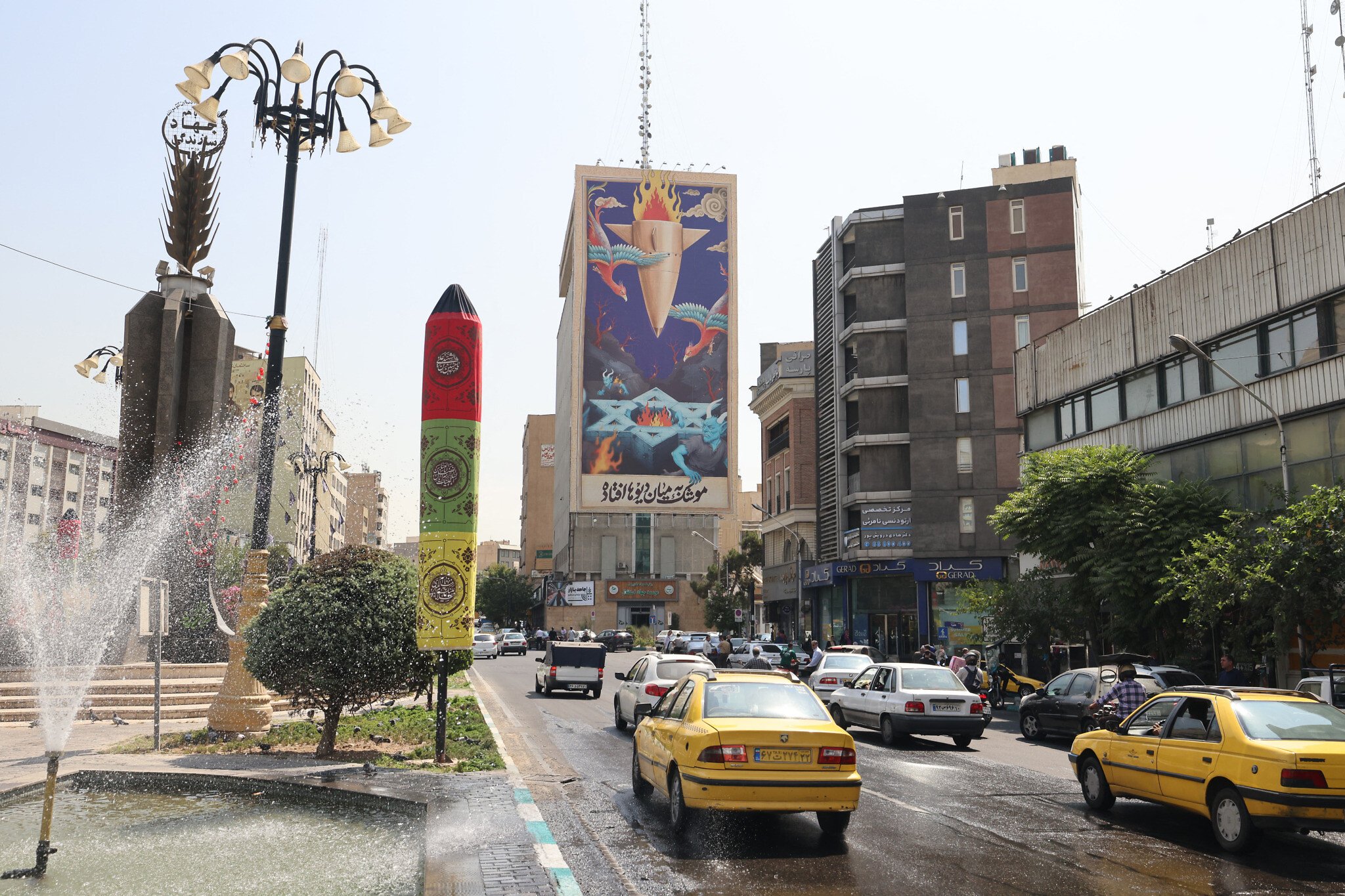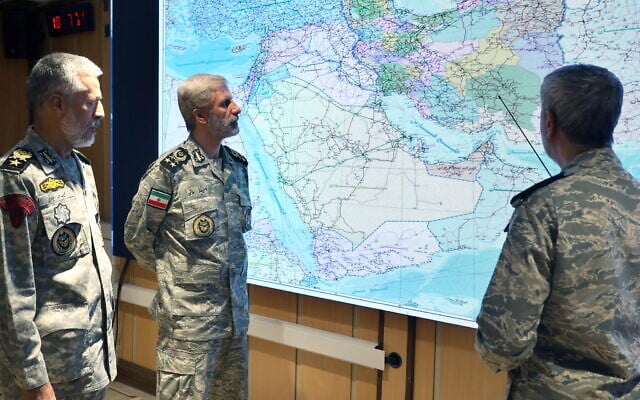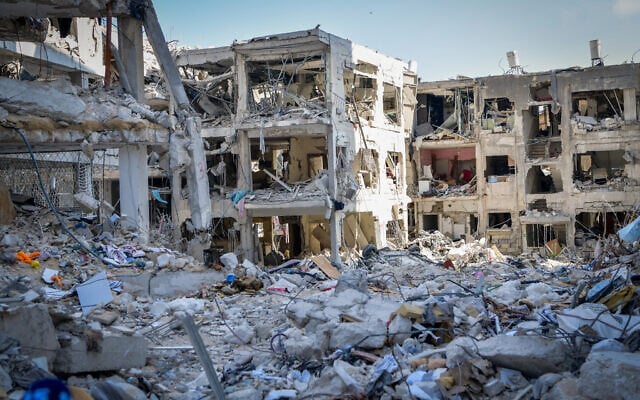



Iran warned on Wednesday that it was prepared for any new Israeli attack, announcing it had developed missiles with greater capabilities than those used during the recent war.
“The missiles used in the 12-day war were manufactured… a few years ago,” Defense Minister Aziz Nassirzadeh said, quoted by the official IRNA news agency.
“Today, we have manufactured and possess missiles with far greater capabilities than previous missiles, and if the Zionist enemy embarks on the adventure again, we will undoubtedly use them.”
Nassirzadeh’s comments came after a senior official in the Islamic Revolutionary Guard Corps said on Sunday that another war with Israel or the United States could begin at any time.
“We are not in a ceasefire, we are in a stage of war,” Yahya Rahim Safavi, a senior military adviser to Iran’s Supreme LeaderAli Khamenei, told Iranian media. “I think another war may happen, and after that, there may be no more wars.”
Nassirzadeh was speaking on Wednesday with Iranian media outlets on the sidelines of a meeting with allied military personnel, who were visiting the Islamic Republic ahead of the country’s National Defense Industry Day on August 22.
According to the semi-official Mehr News Agency, Nassirzadeh spoke extensively about Iran’s “success” during its 12-day war with Israel, which opened on June 13 with a surprise Israeli attack against Tehran’s nuclear and military capabilities.
He claimed that Israel had not expected Iran to be able to launch a counterattack as “extensively and precisely” as it did, asserting that 90 percent of all ballistic missiles reached their intended targets.
“Unlike the cowardly Zionist regime, which targeted military commanders, scientists, innocent women and children, civilian infrastructure and industrial centers, residential homes, medical centers, relief forces, prisons and the national media, the Islamic Republic of Iran deliberately chose its missile targets,” he proclaimed.
Contrary to Nassirzadeh’s claims, Iran’s powerful ballistic missiles not only targeted military bases and research centers, but also damaged 2,305 homes in 240 buildings, along with two universities and a hospital.
The attacks killed 31 people and wounded over 3,000 in Israel, according to health officials and hospitals.
Nassirzadeh said that Iran had not only achieved victory over Israel, but also over the US — which joined Israel in striking Iranian nuclear facilities — and any countries that offered assistance in defending against the ballistic missile attacks.
“On the other hand stood the Islamic Republic of Iran, which, after more than 40 years of sanctions, relied solely on the capabilities of its fully indigenous defense industries,” Nassirzadeh bragged.
He claimed that Iran had agreed to cease its attacks on Israel not because it was backed into a corner, but because it wanted to prevent “the expansion of crisis and war in the region.”
“However, we have no trust in the Zionist regime and its supporter, the US, and their adherence to commitments,” he warned. “Should the other side continue its adventurism and hostilities, this time Iran’s response — given our knowledge of our enemy’s weaknesses — will be deadly, surprising, painful, and beyond calculation.”
Israel said its sweeping assault on Iran’s top military leaders, nuclear scientists, uranium enrichment sites, and ballistic missile program was necessary to prevent the Islamic Republic from realizing its avowed plan to destroy the Jewish state.
Iran has consistently denied seeking to acquire nuclear weapons. However, it enriched uranium to levels that have no peaceful application, obstructed international inspectors from checking its nuclear facilities, and expanded its ballistic missile capabilities. Israel said Iran had recently taken steps toward weaponization.
Iran retaliated to Israel’s strikes by launching over 500 ballistic missiles and around 1,100 drones at Israel.


